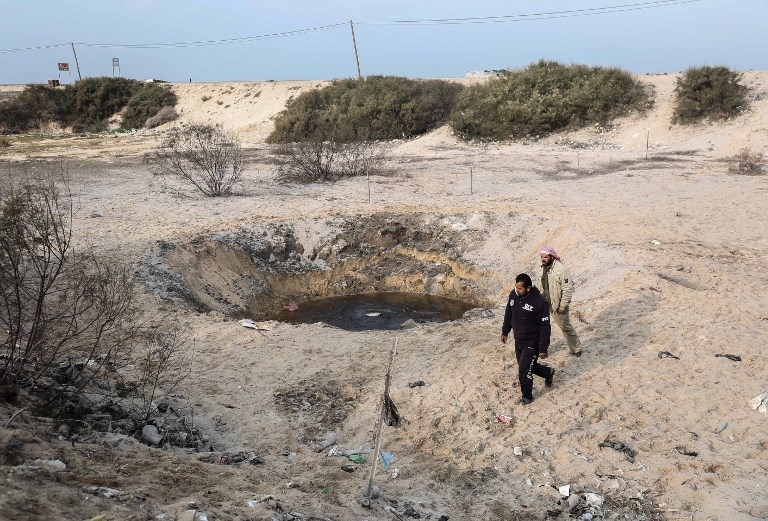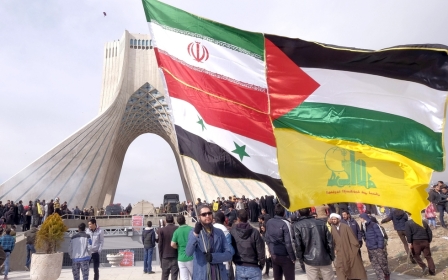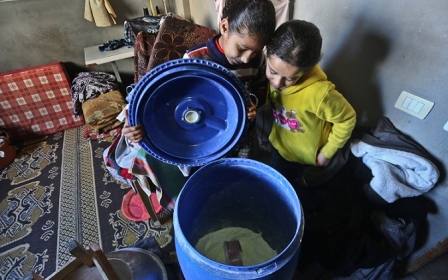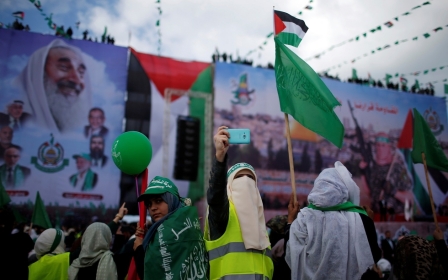Four Israelis wounded in Gaza border explosion; military retaliates

An explosive device wounded four Israeli soldiers, two severely, near the border fence with the Gaza Strip on Saturday, the Israeli military said.
In response, an Israeli tank struck an observation post in Gaza, causing no injuries, the military said.
According to Palestinian reports, however, the Israeli air force responded by firing four missiles at a training compound in the north of Gaza City. Two additional missiles were fired toward the city's neighbourhood of Zeitoun, Haaretz reported on its website. Earlier reports from the Strip said shots were fired at a Hamas compound east of the southern city of Khan Younis.
There was no immediate claim of responsibility for the attack, which occurred along the southern frontier of the Hamas-controlled Palestinian territory.
Israeli media said it was the highest number of Israelis wounded in a single attack since the 2014 Gaza war.
Prime Minister Benjamin Netanyahu at a security conference in Munich called it "very serious" and pledged to "respond appropriately".
Hamas blamed
Army spokesman Jonathan Conricus said a "rogue group" had claimed responsibility for the blast, likely indicating one of the more radical Islamist groups, broadly called Salafists, who are present in Gaza.
But he insisted that "from our point of view Hamas is responsible" and said the explosive had been planted during a protest arranged by the group on Friday.
Israel holds Palestinian movement Hamas responsible for any fire coming from the blockaded coastal enclave.
Hamas and Israel have fought three wars since 2008, and the last conflict in 2014 was waged in part over tunnels from Gaza that were used to launch attacks.
New MEE newsletter: Jerusalem Dispatch
Sign up to get the latest insights and analysis on Israel-Palestine, alongside Turkey Unpacked and other MEE newsletters
Middle East Eye delivers independent and unrivalled coverage and analysis of the Middle East, North Africa and beyond. To learn more about republishing this content and the associated fees, please fill out this form. More about MEE can be found here.




